A chatbot supposedly encouraged someone to kill himself. And he did.
The company behind the Eliza chatbot says it’s put a new safety feature in place after hearing about this “sad case.”

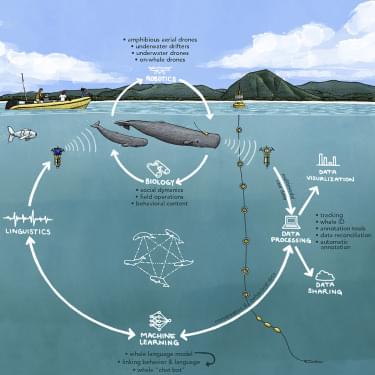
The recent success of machine learning (ML) methods in answering similar questions in human languages (Natural Language Processing or NLP) is related to the availability of large-scale datasets. The effort of creating a biological dataset in a format, level of detail, scale, and time span amenable to ML-based analysis is capital intensive and necessitates a multidisciplinary expertise to develop, deploy, and maintain specialized hardware to collect acoustic and behavioral signals, as well as software to process and analyze them, develop linguistic models that reveal the structure of animal communication and ground it in behavior, and finally perform playback experiments to attempt bidirectional communication for validation ( Figure 1 ). Yet, the deployment of graphics processing unit’s (GPU) is following a trajectory akin to Moore’s Law ( https://openai.com/blog/ai-and-compute) and, at the same time, the success of such an endeavor could potentially yield cross-applications and advancements in broader communities investigating non-human communication and animal behavioral research. One of the main drivers of progress making deep learning successful has been the availability of large (both labeled and unlabeled) datasets (and of architectures capable of taking advantage of such large data). To build a more complete picture and capture the full range of a species’ behavior, collecting datasets containing measurements across a broad set of factors is essential. In turn, setting up infrastructure that allows for the collection of broad and sizable datasets would facilitate studies that allow the autonomous discovery of the meaning-carrying units of communication.
A dedicated interdisciplinary initiative toward a detailed understanding of animal communication could arguably be made with a number of species as its focus. Birds, primates, and marine mammals have all given insight into the capacity of animal communication. In some ways, the collective understanding of the capacity for and faculty of communication in non-humans has been built through experimentation and observation across a wide number of taxa ( Fitch, 2005 ; Hauser et al., 2002). The findings on both the underlying neurobiological systems underpinning communicative capacity, and the complexity and diversity of the communication system itself often mirror our ability with which to work with a given species, or the existence of prominent long-term field research programs.
Animal communication researchers have conducted extensive studies of various species, including spiders (e.g. Elias et al., 2012 ; Hebets et al., 2013), pollinators (e.g Kulahci et al., 2008), rodents (e.g Ackers and Slobodchikoff, 1999 ; Slobodchikoff et al., 2009), birds (e.g Baker, 2001 ; Griesser et al., 2018), primates (e.g. Clarke et al., 2006 ; Jones and Van Cantfort, 2007 ; Leavens, 2007 ; Ouattara et al., 2009 ; Schlenker et al., 2016 ; Seyfarth et al., 1980), and cetaceans (e.g Janik, 2014 ; Janik and Sayigh, 2013), showing that animal communication involves diverse strategies, functions, and hierarchical components, and encompasses multiple modalities. Previous research efforts often focused on the mechanistic, computational, and structural aspects of animal communication systems. In human care, there have been several successful attempts of establishing a dialogue with birds (e.g.
Eliezer Yudkowsky is a researcher, writer, and philosopher on the topic of superintelligent AI. Please support this podcast by checking out our sponsors:
- Linode: https://linode.com/lex to get $100 free credit.
- House of Macadamias: https://houseofmacadamias.com/lex and use code LEX to get 20% off your first order.
- InsideTracker: https://insidetracker.com/lex to get 20% off.
EPISODE LINKS:
Eliezer’s Twitter: https://twitter.com/ESYudkowsky.
LessWrong Blog: https://lesswrong.com.
Eliezer’s Blog page: https://www.lesswrong.com/users/eliezer_yudkowsky.
Books and resources mentioned:
1. AGI Ruin (blog post): https://lesswrong.com/posts/uMQ3cqWDPHhjtiesc/agi-ruin-a-list-of-lethalities.
2. Adaptation and Natural Selection: https://amzn.to/40F5gfa.
PODCAST INFO:
Podcast website: https://lexfridman.com/podcast.
Apple Podcasts: https://apple.co/2lwqZIr.
Spotify: https://spoti.fi/2nEwCF8
RSS: https://lexfridman.com/feed/podcast/
Full episodes playlist: https://www.youtube.com/playlist?list=PLrAXtmErZgOdP_8GztsuKi9nrraNbKKp4
Clips playlist: https://www.youtube.com/playlist?list=PLrAXtmErZgOeciFP3CBCIEElOJeitOr41
OUTLINE:
0:00 — Introduction.
0:43 — GPT-4
23:23 — Open sourcing GPT-4
39:41 — Defining AGI
47:38 — AGI alignment.
1:30:30 — How AGI may kill us.
2:22:51 — Superintelligence.
2:30:03 — Evolution.
2:36:33 — Consciousness.
2:47:04 — Aliens.
2:52:35 — AGI Timeline.
3:00:35 — Ego.
3:06:27 — Advice for young people.
3:11:45 — Mortality.
3:13:26 — Love.
SOCIAL:
- Twitter: https://twitter.com/lexfridman.
- LinkedIn: https://www.linkedin.com/in/lexfridman.
- Facebook: https://www.facebook.com/lexfridman.
- Instagram: https://www.instagram.com/lexfridman.
- Medium: https://medium.com/@lexfridman.
- Reddit: https://reddit.com/r/lexfridman.
- Support on Patreon: https://www.patreon.com/lexfridman
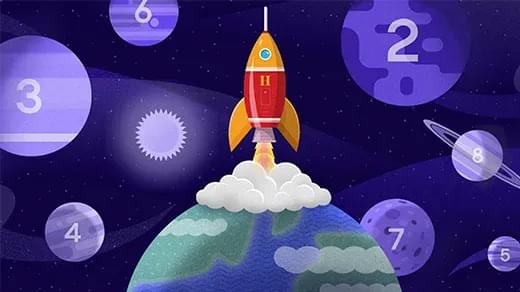
https://youtube.com/watch?v=I3WVc9iLi_s&feature=share
This video explores Age Reversal and 10 ways they will change the world. Watch this next video about digital immortality: https://youtu.be/sZdWN9pbbew.
► Udacity: Up To 75% Off All Courses (Biggest Discount Ever): https://bit.ly/3j9pIRZ
► Jasper AI: Write 5x Faster With Artificial Intelligence: https://bit.ly/3MIPSYp.
Official Discord Server: https://discord.gg/R8cYEWpCzK
Patreon Page: https://www.patreon.com/futurebusinesstech.
💡 Future Business Tech explores the future of technology and the world.
Examples of topics I cover include:
• Artificial Intelligence & Robotics.
• Virtual and Augmented Reality.
• Brain-Computer Interfaces.
• Transhumanism.
• Genetic Engineering.
SUBSCRIBE: https://bit.ly/3geLDGO
Disclaimer:
We may build incredible AI. But can we contain our cruelty? Oxford professor Nick Bostrom explains.
Up next, Is AI a species-level threat to humanity? With Elon Musk, Michio Kaku, Steven Pinker & more ► https://youtu.be/91TRVubKcEM
Nick Bostrom, a professor at Oxford University and director of the Future of Humanity Institute, discusses the development of machine superintelligence and its potential impact on humanity. Bostrom believes that in this century, we will create the first general intelligence that will be smarter than humans. He sees this as the most important thing humanity will ever do, but it also comes with an enormous responsibility.
Bostrom notes that there are existential risks associated with the transition to the machine intelligence era, such as the possibility of an underlying superintelligence that overrides human civilization with its own value structures. In addition, there is the question of how to ensure that conscious digital minds are treated well. However, if we succeed in ensuring the well-being of artificial intelligence, we could have vastly better tools for dealing with everything from diseases to poverty.
Ultimately, Bostrom believes that the development of machine superintelligence is crucial for a truly great future.
0:00 Smarter than humans.
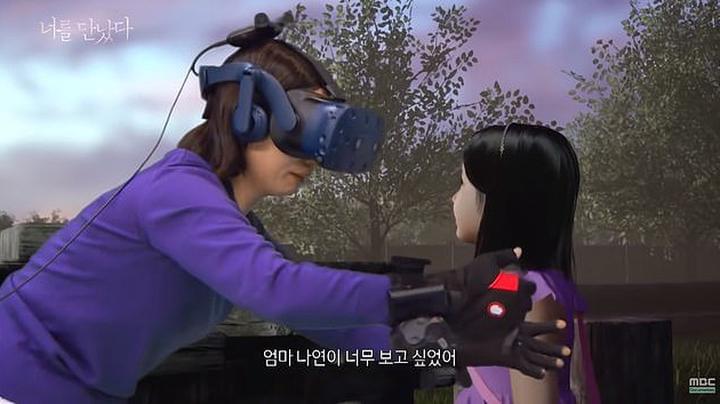
A computer scientist is urging the world to record their elderly parents and loved ones as he predicts consciousness could be uploaded onto a computer this year. Dr Pratik Desai, who has founded multiple Silicon Valley AI startups, said that if people have enough video and voice recorders of their loved ones, there is a ‘100 percent chance’ of relatives ‘living with you forever.’
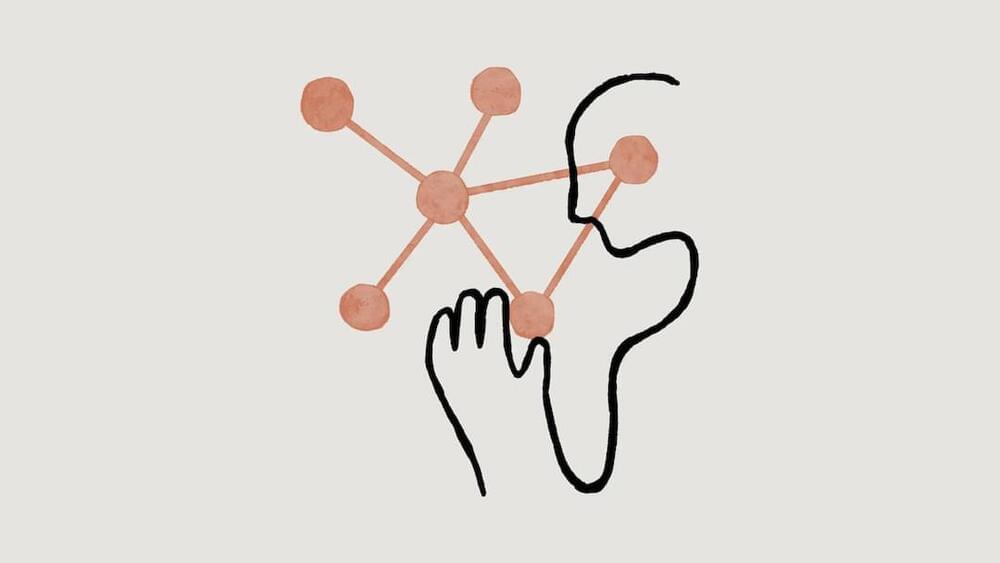
AI research startup Anthropic aims to raise as much as $5 billion over the next two years to take on rival OpenAI and enter over a dozen major industries, according to company documents obtained by TechCrunch.
In the deck, Anthropic says that it plans to build a “frontier model” — tentatively called “Claude-Next” — 10 times more capable than today’s most powerful AI, but that this will require a billion dollars in spending over the next 18 months.
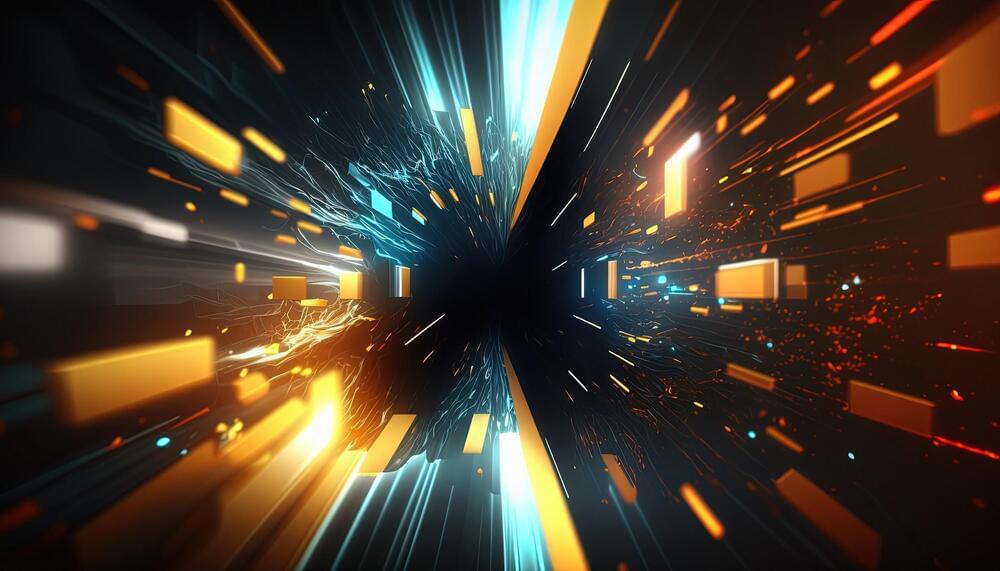
Space travel, exploration, and observation involve some of the most complex and dangerous scientific and technical operations ever carried out. This means that it tends to throw up the kinds of problems that artificial intelligence (AI) is proving itself to be outstandingly helpful with.
Because of this, astronauts, scientists, and others whose job it is to chart and explore the final frontier are increasingly turning to machine learning (ML) to tackle the everyday and extraordinary challenges they face.
AI is revolutionizing space exploration, from autonomous spaceflight to planetary exploration and charting the cosmos. ML algorithms help astronauts and scientists navigate and study space, avoid hazards, and classify features of celestial bodies.

An app called Poe will now let users make their own chatbot using prompts combined with an existing bot, like ChatGPT, as the base. First launched publicly in February, Poe is the latest product from the Q&A site Quora, which has long provided web searchers with answers to the most Googled questions. With chatbots now potentially powering the future of web search and Q&A, the company chose to expand into this market by allowing consumers to play with the latest AI technologies from companies like OpenAI and Anthropic via a simple mobile interface.
Initially, Poe debuted with support for a handful of general knowledge chatbots including Sage and Dragonfly, powered by OpenAI technology, and Claude, powered by Anthropic. Last month, Poe rolled out subscriptions that allow users to pay to access the more powerful bots based on new language models, including GPT-4 from OpenAI and Claude+ from Anthropic. Poe is also the only consumer-facing internet product with access to either Claude or Claude+, the company noted at the time.
Now, Poe will offer the ability for users to create their own bots using prompts — that is, ways of directing a chatbot to perform highly specific tasks.